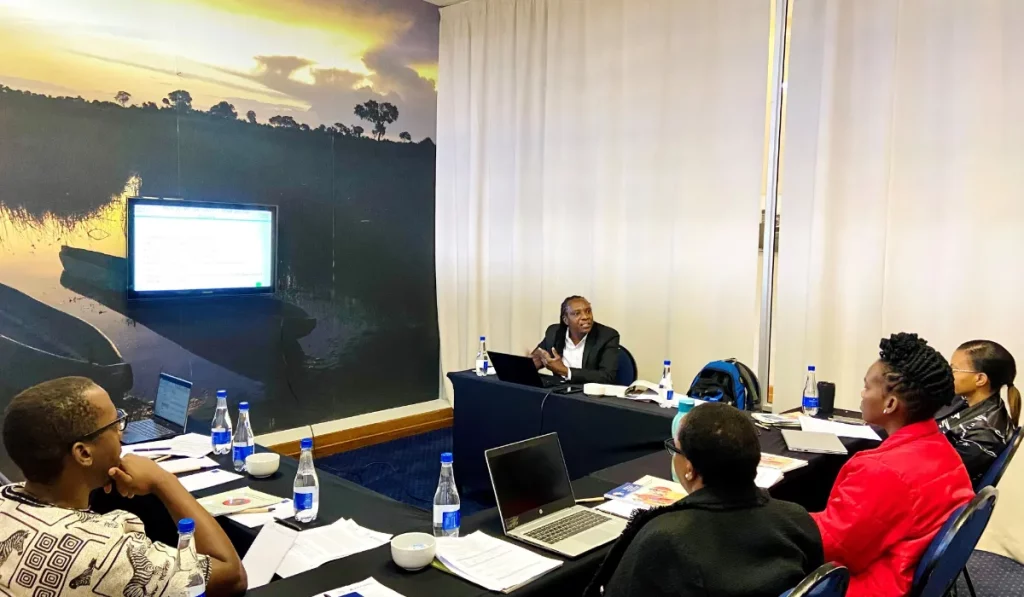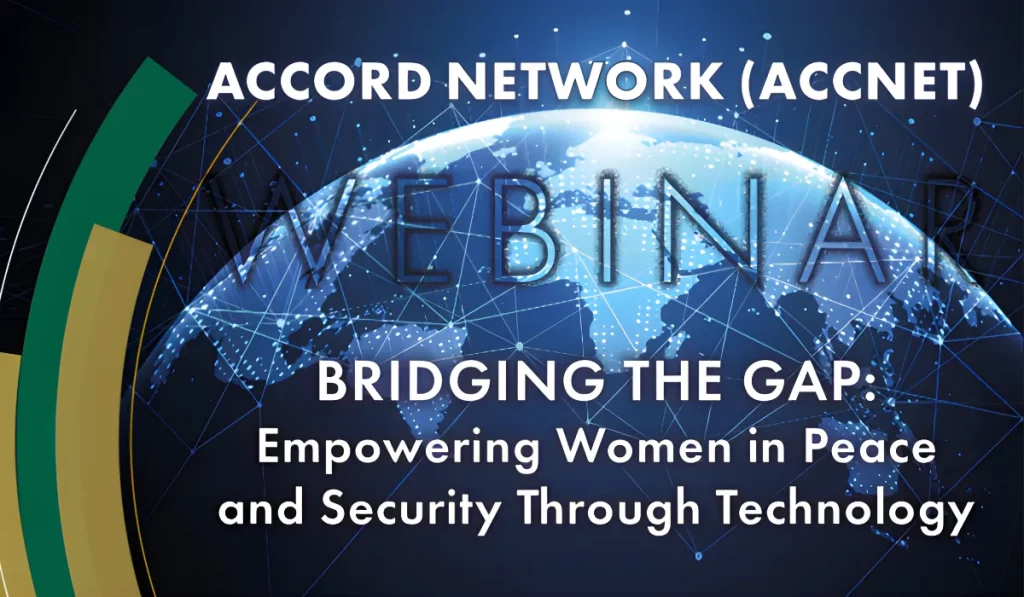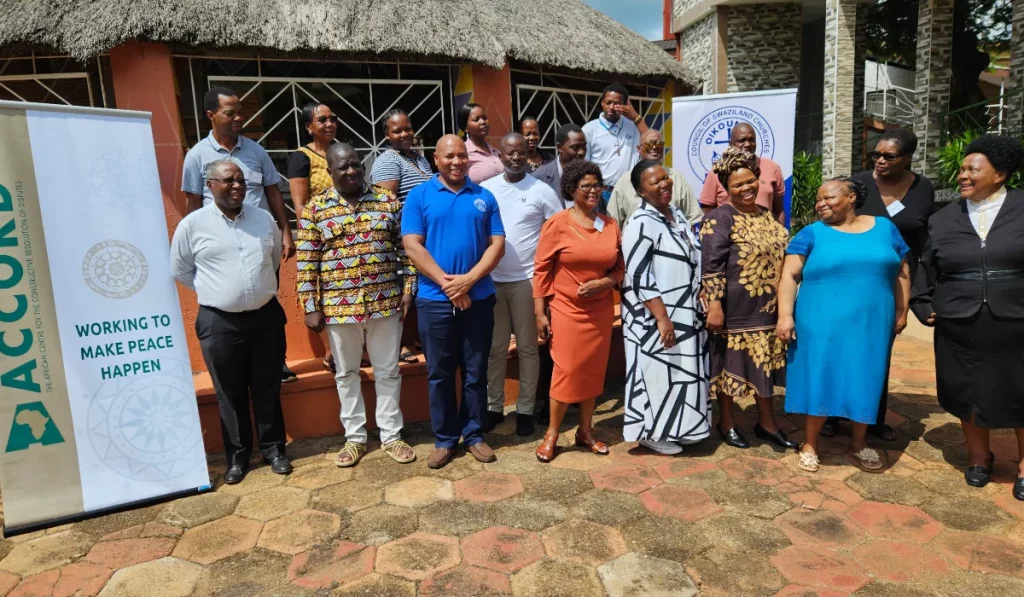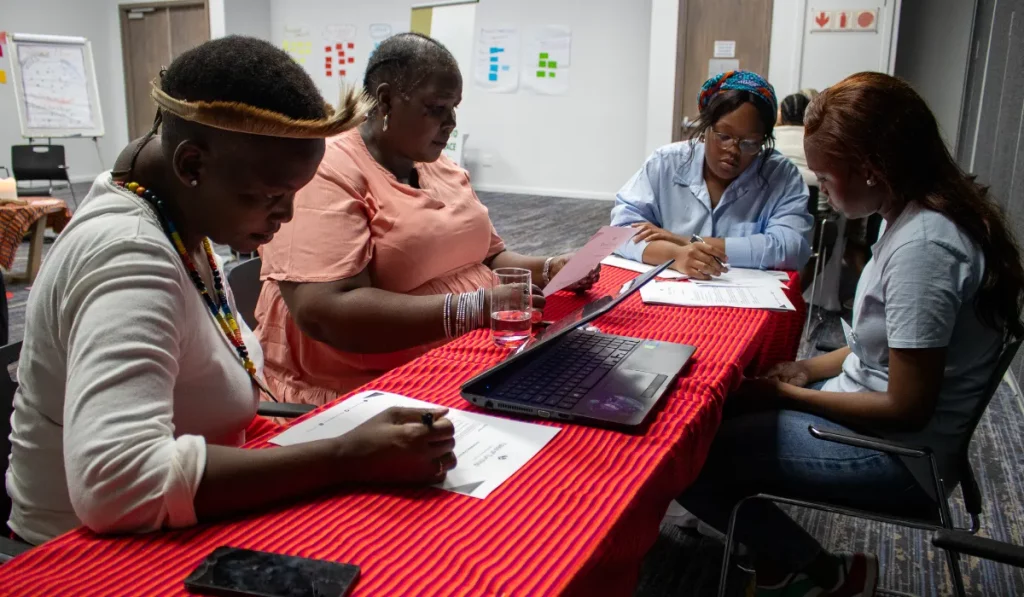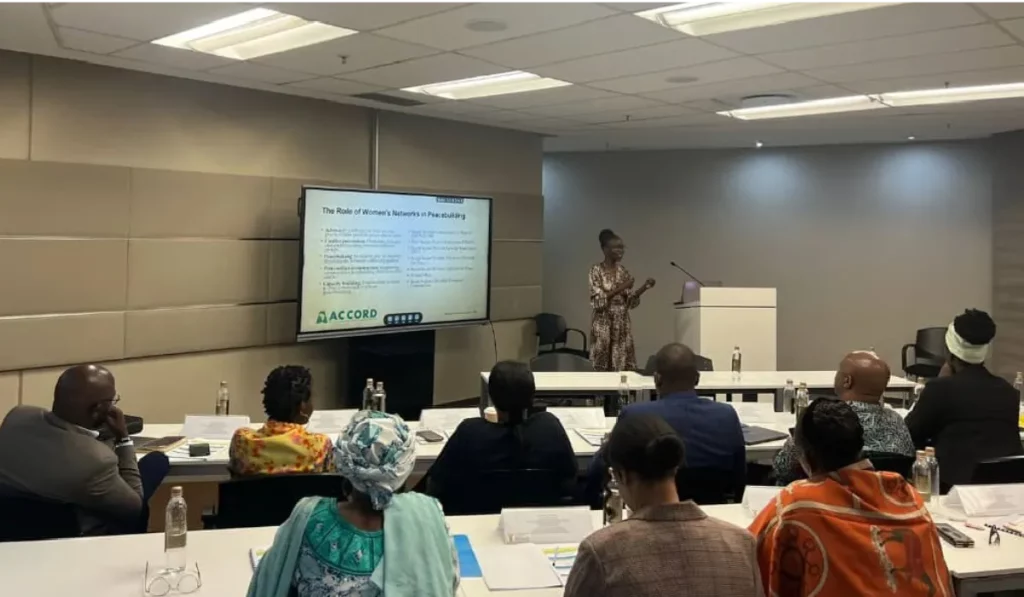ACCORD, in partnership with United Cities and Local Governments – Africa (UCLG-Africa), conducted two three-hour training of local government stakeholders within the UCLG-Africa network. One training as in English, while the other was in French. The English training took place on Thursday, 20 May 2021, and the French training took place on Friday, 21 May 2021, both of which were via Zoom. Emmanuel Bombande, who brought a wealth of experience, including his previous tenure as part of the United Nations Standby Team of Mediation Experts, was the trainer for both the French and English sessions.
Addressing and managing conflict at a local government level not only mitigates the potential for violence in those immediate urban localities, but also can prevent local conflicts from escalating to larger and intractable conflicts. To this end, the training aimed to deepen knowledge and understanding of conflict management skills, specifically conflict analysis, negotiation and mediation, as a means to strengthen local government stakeholder’s capacity to manage conflict. Mr. Bombande began the training with unpacking how to conduct conflict analysis. He described the characteristics of different types of conflict and how to adequately analyse them, as the foundation upon which to build interventions. He further illustrated the role of a mediator and the various tools they can use in conflict management. Mr. Bombande also elaborated on the various approaches mediators can take to try encourage a peaceful resolution between disputing parties. He also explained the stages of mediation, which include the preparatory phase, the mediation phase and the post-agreement phase, as a means of illustrating the breadth of the role of a mediator. Mr. Bombande was able to use his experience to answer participant questions with practical knowledge and examples.
Capacitating cities and local government stakeholders with the skills and knowledge to manage conflict is a proactive measure that will support their efforts to prevent and mitigate conflicts that may arise in these increasingly densely populated urban environments. Africa is experiencing the world’s fastest rate of urbanisation and according to the Organisation for Economic Co-operation and Development (OECD), the continent’s population is projected to double between now and 2050, and two-thirds of this growth will be absorbed by urban areas. The rapid rate of urbanization can contribute to the disruption of established interests and power balances. It changes a society’s political economy and economic geography by moving power away from rural, often agrarian, forces, towards industrial, commercial and urban actors, disrupting established social institutions, and changing identities. Inevitably, these socio-economic and political changes are contested, and that contestation can generate conflict, including conflict over how the city, and those who live within it, should be governed.
In light of the growing peace and security threat of rapid urbanisation, this training session was conducted in line with ACCORD’s commitment to strengthen local and national capacities for peace, as a means to both prevent and mitigate conflict on the continent.



